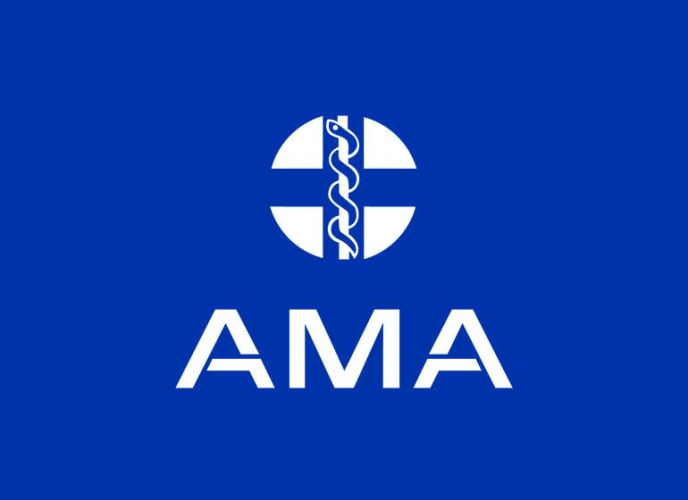More trouble ahead for general practice unless Medicare is better indexed

The Australian Medical Association says critical problems in general practice of access and affordability can’t be addressed without better indexation of Medicare.
Comparing Medicare indexation of 1.6 per cent with the indexation figure of 3.7 percent for public hospital services, released recently by the Independent Health and Aged Care Pricing Authority (IHACPA), shows just how poorly Medicare is indexed, contributing to declining bulk billing rates and higher out-of-pocket costs for patients.
The IHACPA indexed the National Efficient Price (NEP) for 2023–24 at a rate of 2.9 per cent per annum, plus an additional 0.81 per cent to account for increases in the minimum superannuation guarantee between 2020–21 and 2023–24.
AMA President Professor Steve Robson said the formula for indexing Medicare was broken, and the IHACPA decision was more evidence of this.
“The formula for indexing Medicare has become a joke. It is delivering an indexation rate that falls well behind the rate of increase in key economic measures like the Consumer Price Index, Average Weekly Earnings, and the Wage Price Index.
“Years of inadequate indexation has meant the Medicare rebate no longer bears any relationship to the actual cost of providing high-quality services to patients, and this is one reason why we’re seeing more practices unable to offer bulk-billing for even the most vulnerable of patients, with wages and increasing practice running costs all funded from the rebate,” Professor Robson said.
The AMA analysed the effect of poor Medicare indexation on the item most often used by doctors, the Level B item for consultations lasting less than 20 minutes, and identified $8.6 billion the government has ‘saved’ since 1993.
The AMA Gaps Poster demonstrates that successive governments have been stripping healthcare funding from Australian taxpayers through poor indexation and shifting the cost of care onto everyday Australians.
“We can see how poor indexation saves the government money, but this is really stripping out essential funding in Medicare by stealth, with patients bearing the brunt of higher out-of-pocket costs.
“Doctors can’t keep absorbing these costs and if the government is serious about addressing affordability and access to medical care including general practice, it just can’t ignore indexation, it’s as simple as that.”



